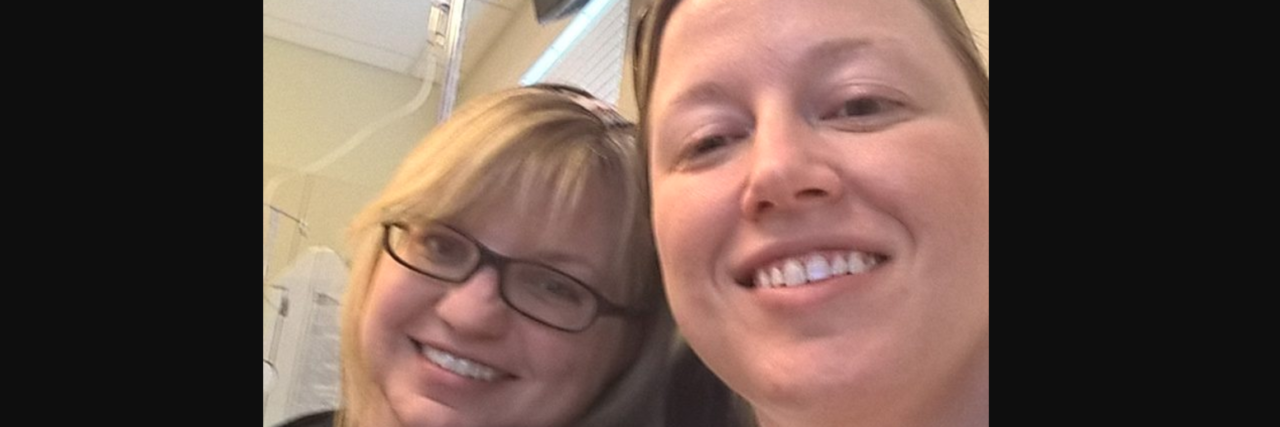For those of us struggling with autoimmune disease, Glenn Frey’s death hits especially hard. In case you haven’t heard, Mr. Frey had rheumatoid arthritis (RA) for 15 years. According to his manager, Irving Azoff, Mr. Frey had long taken drugs to slow the progression of his RA and ulcerative colitis, which caused him to contract pneumonia and caused his death. RA medications called “biologic agents” work by targeting the body’s immune system, and experts suggest a suppressed immune system could have led to Mr. Frey’s lethal combination of illnesses.
This news illustrated the often impossible choices RA and other autoimmune patients face, and it was a vivid reminder of my own harrowing experience. The biologic drugs I take for severe RA also weaken my immune system. In early 2012, I found myself unable to fight off that most common of winter illnesses, the flu. After 24 hours of rapid decline, my (now) wife forced me to the emergency room. There, I was diagnosed with septic shock. I required life-saving measures. ER doctors inserted a central line on the spot, because I couldn’t wait for an operating room. As my blood pressure dropped to dangerously low levels, I was given vasopressors to artificially boost it. I spent the next few days in the ICU, and the next few months recovering. We were later told that, without treatment, I would very likely have died within 24 hours.
This is the catch-22 of current treatments for autoimmune disease. Without biologic drugs, many people with these diseases cannot perform daily tasks or even get out of bed. With them, our immune systems are suppressed, so we are at a greater risk of developing other illnesses. And if we do get sick, our immune systems are so weakened that our bodies have a hard time fighting back. This is far from the only issue. Biologics are costly and generally not an affordable choice for those without insurance. Even with insurance, out-of-pocket costs can be prohibitive, and insurance approvals can take weeks or even months.

These medications do not cure our diseases. Despite the plethora of advertisements, biologic drugs often provide only partial relief, and sometimes no relief at all. To date, I have failed almost every biologic available for RA, going through a months-long trial-and-error process for each new one I try. Given all of this, it’s easy to understand the love/hate relationship autoimmune patients have with these powerful drugs.
Thousands of RA stories, like Mr. Frey’s and my own, motivated me to start an awareness-raising blog in January 2011. They are why I constantly seek new Eastern and Western options for treating my disease. They are why I fuel my body with the best nutrition I can every day, to give it the best chance to fight back. They are why I practice gratitude daily and strive for a healthy, positive mindset.
Biologic treatments are a key part of my toolkit in the fight against chronic autoimmune disease. And I am grateful that, most days, they help me get out of bed. But Mr. Frey’s tragic death is a sobering reminder of the seriousness of these illnesses and their associated medications. It’s a reminder of the difficult choices we make, and risks we take, in our individual fights against autoimmune disease. And they underscore the reasons why we must keep searching for better answers.
Thank you for the music, Mr. Frey. Rest in peace.
Editor’s note: Please see a doctor before beginning or ending any medication.
Follow this journey on Rude Awakenings: Life With Rheumatoid Arthritis.
The Mighty is asking the following: What’s one thing people might not know about your experience with disability, disease or mental illness, and what would you say to teach them? If you’d like to participate, please send a blog post to community@themighty.com. Please include a photo for the piece, a photo of yourself and 1-2 sentence bio. Check out our Submit a Story page for more about our submission guidelines.

